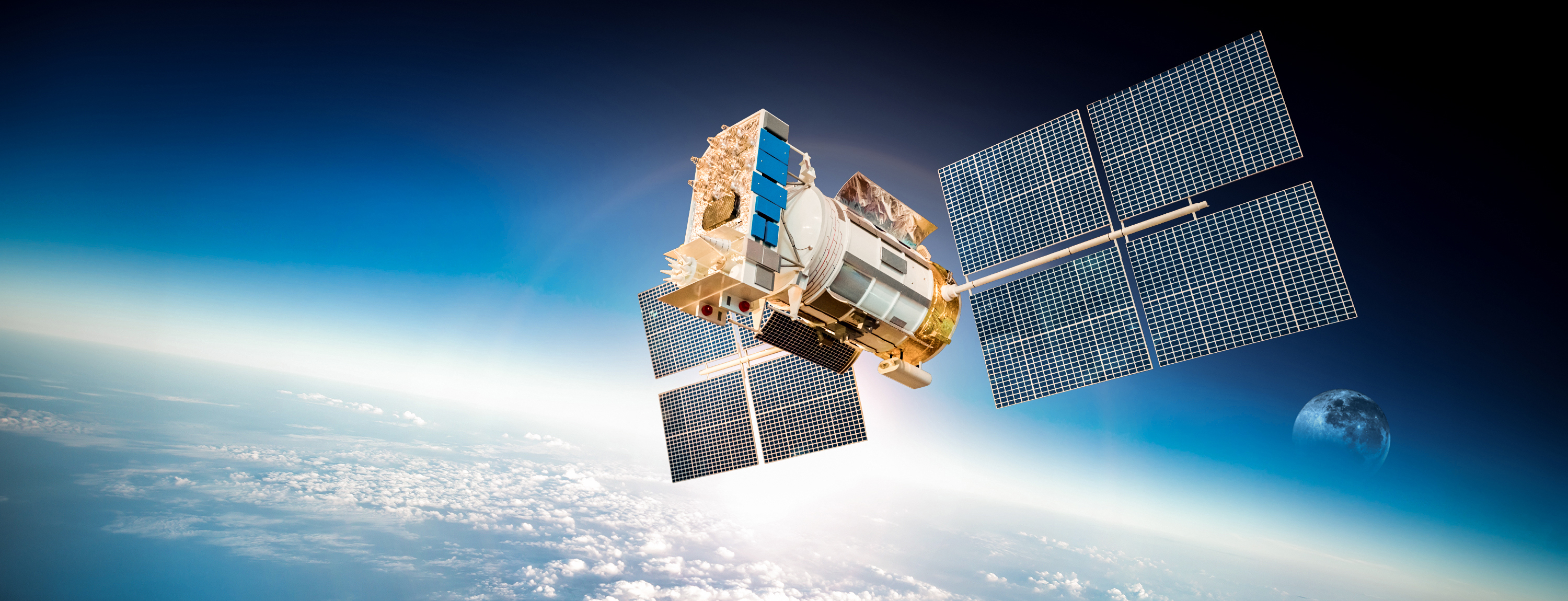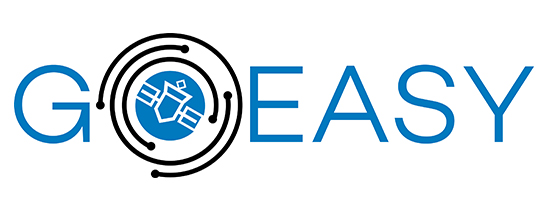GOEASY – GalileO-based, trustEd Applications for health and SustainabilitY



GOEASY (GalileO-based trustEd Applications for health and SustainabilitY) benefits from the high-precision tamper-proof location data provided by Galileo, the European global navigation satellite system. The project aims to create two model apps that demonstrate the value added by using Galileo in a way the users can immediately understand.
The ApesMobility app aims to foster and reward »green« behavior, e.g., buying organic food or using an environmentally friendly means of transport. The app will enhance the greenApes social network, which rewards sustainable ideas and actions. Users can post ideas and examples of sustainable behavior. The network rewards them with so-called BankoNuts, which they can also redeem for real-life rewards. GOEASY adds the ApesMobility app that verifies the user's location during a »green« activity. Using Galileo's tamper-proof location data, the system can check a post for plausibility: if the action mentioned in the post and the location are compatible, the activity is considered verified, and the user receives extra BankoNuts.
AsthmaWatch, the second GOEASY app, is designed to inform asthmatics about critical local air pollution levels. Asthmatics are at a significantly higher risk of an asthma attack during the next 24 hours if they are exposed to high levels of air pollution. Two use cases will benefit from the technical advantages of the Galileo system. Pedestrians, bicycles, cars, and public transport vehicles can be equipped with air quality sensors and Galileo receivers, sending precise location data and real-time air quality data to a cloud-based pollution monitoring service. Asthmatics can then use smartphones that receive Galileo data to find minimum-exposure routes to their destination.
The GOEASY consortium, consisting of LINKS Foundation (Italy), CNET (Sweden), BQ (Spain), GreenApes (Italy) and Fraunhofer FIT, applies a user-centered, iterative development process. It will complete the GOEASY project by 2020 with pilot-tests of ApesMobility and AsthmaWatch in Torino (Italy) and Stockholm (Sweden). GOEASY is funded under the EU Horizon 2020 program.